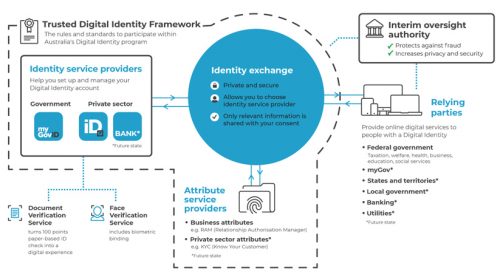Coin flip justice: Prosecutors threaten property rights
FROM GRITS FOR BREAKFAST
Yesterday, your correspondent testified on behalf of the Texas Criminal Justice Coalition in favor of SB 95 by Sen. Juan Hinojosa which would raise the standard under which the state can seize assets without a criminal conviction under the state’s civil forfeiture laws.
Hinojosa’s legislation would require the state to provide “clear and convincing” evidence the property was associated with criminal wrongdoing instead of the current “preponderance of the evidence” standard (more likely than not). The bill was heard yesterday in the Texas Senate Criminal Justice Committee. Video is here; it’s the first bill up. See coverage from the Dallas Morning News.
Remarkably, there was really only one opposition argument presented against Hinojosa’s bill, and it took the form of a threat. Prosecutors told the committee that, if the Legislature insisted they only seize property when evidence that it was used in a crime is “clear and convincing,” they would ignore that directive and seek forfeiture under a federal administrative procedure which provides fewer due process rights. The reason they don’t do that now is that the feds want a 20 percent cut and don’t typically process the smaller cases of a few hundred dollars the way state prosecutors are wont to do.
Grits found that position outrageous and was even more astonished that senators didn’t seem affronted by being told, in essence, “If you insist we can’t violate Texans’ property rights under state law we’ll cooperate with Eric Holder and the Obama Administration to go around you.” Instead, some of them piled on with rhetoric about how greedy the feds were, how much DOJ hated due process, and treated federal forfeiture in general like a bogeyman that should scare legislators into acquiescing to whatever prosecutors wanted.
Even so, nobody made the claim that “preponderance of the evidence” is the better standard because they thought the state should be able to seize people’s property when it’s “more likely than not” it was associated with a crime. I think that’s because there’s really no good argument to support that view that any responsible, morally centered adult is willing to make in public. As I told the committee, a “preponderance” standard means that, if the chances are a scintilla above a coin flip, the state wins, and the government owns the coin. If it was your property, it wouldn’t seem like too much to ask that the government provide “clear and convincing” evidence it was used in a crime.
In any event, there’s an easy solution to the dilemma posed to the committee by this sort of prosecutor defiance. State Rep. Bill Zedler filed legislation this year, HB 2623, which would disallow state prosecutors from using federal forfeiture unless the amount is over $50,000, it’s an interstate crime, or the property may only be seized under federal law.
If the committee simply amended SB 95 with the text from Mr. Zedler’s bill, it would fully resolve all the concerns expressed yesterday and ensure that Hinojosa’s legislation would actually provide the protections intended, and to which most of the committee (except Sen. Joan Huffman, who outright opposed the bill), seemed sympathetic.
The only other concern, expressed in passing, was that changing the standard could reduce forfeiture revenue to counties. But all the police and prosecutor interests who testified claimed that the overwhelming number of forfeitures – 99 percent, a San Antonio PD cop claimed – involved criminal convictions, so in those cases there’s more than “clear and convincing” evidence and there would be no problem using forfeiture under the higher standard. Sen. Charles Perry said his local DA had told him a similar number for the proportion of forfeitures in Lubbock accompanied by criminal convictions.
To be clear, I don’t believe for a second that it’s true 99 percent of forfeitures involve cases where there’s a conviction. The only reason they can get away with saying that is that there’s no detailed reporting that drills down to that level of case detail, an issue other bills in play at the Lege this session may address. But if law enforcement can be taken at their word that nearly everyone whose assets seized are convicted, the budget worries entirely dissipate. Those cases will always meet a clear-and-convincing standard. In that sense, their arguments over raising the standard (that nearly everyone affected are convicted criminals) undermined the claim that forfeiture budgets would drop. Both can’t be true.
In any event, the only cases where the state might not get as much revenue under Hinojosa’s bill are situations where they can meet the slightly-better-than-a-coin-flip standard but not a “clear and convincing” one. And if the Texas Legislature decides the latter standard should prevail, perhaps prosecutors should abide by that dicta instead of immediately seeking to undermine and bypass the law. Or if they won’t, perhaps the Lege should just make them.







